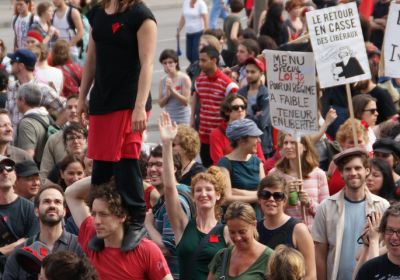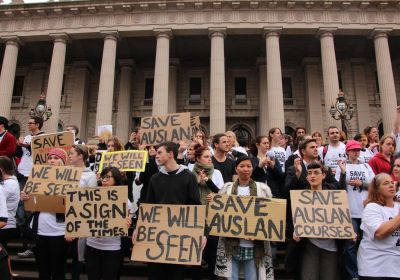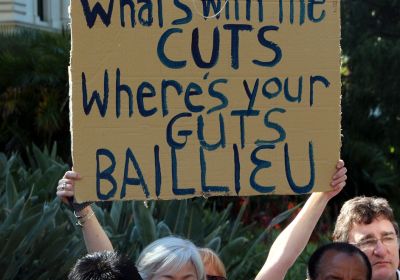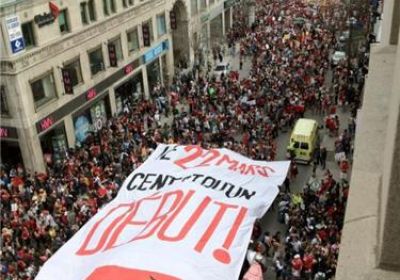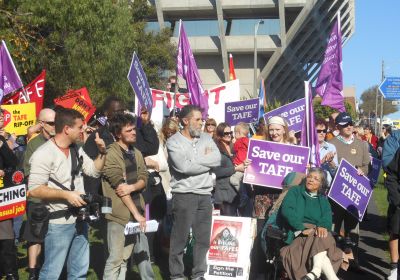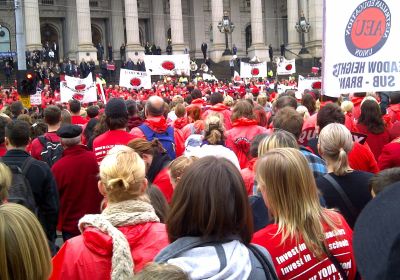
On June 7, Australian Education Union (AEU) members — primary and secondary teachers in Victorian government schools — held their first stop-work meeting since 2008. About 25,000 teachers took part in Melbourne and marched to the steps of Victoria’s parliament house.
In 2008, teachers were campaigning for their Enterprise Bargaining Agreement (EBA), which expired at the end of last year. Since then the AEU officials have been unsuccessfully negotiating with Victoria’s Ted Baillieu state government for a new EBA.
